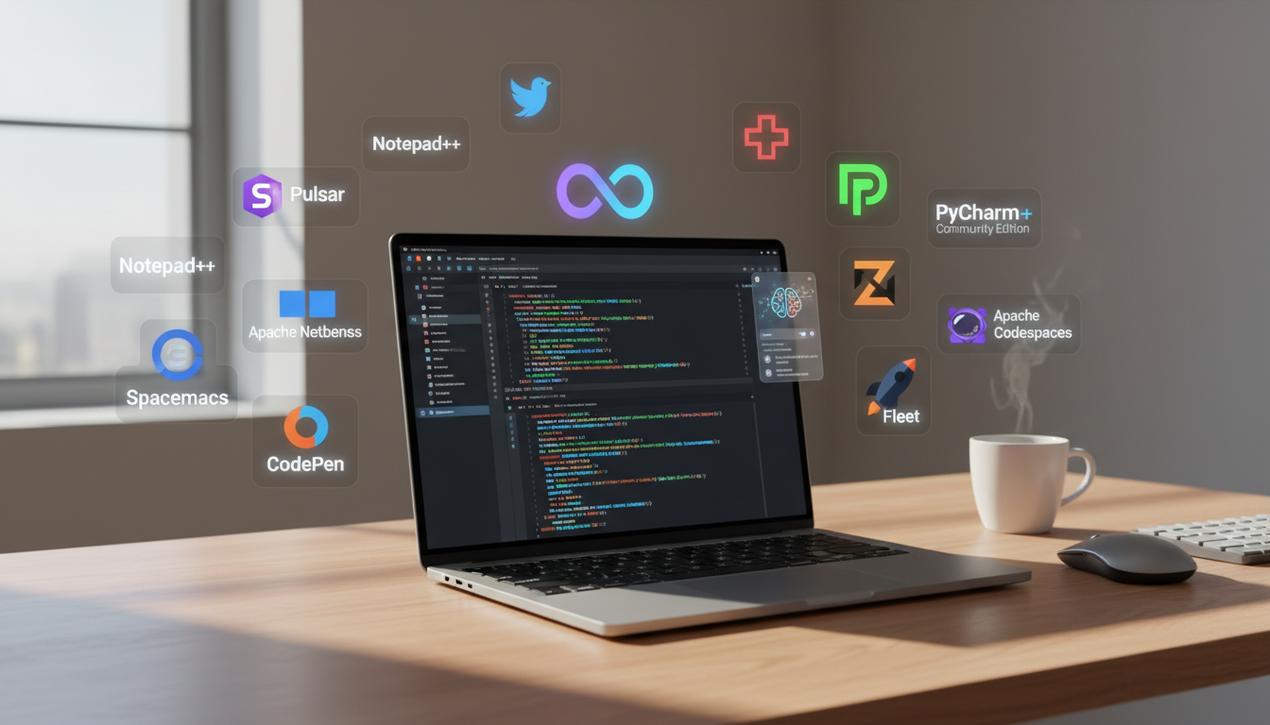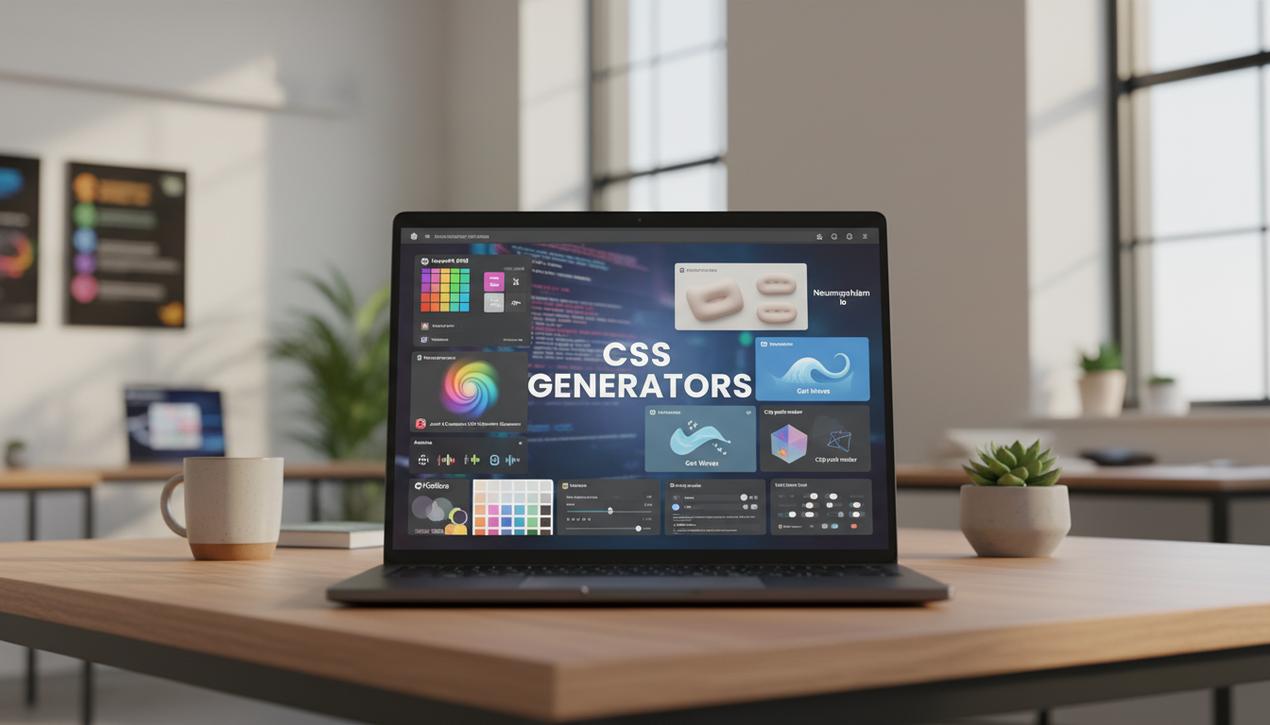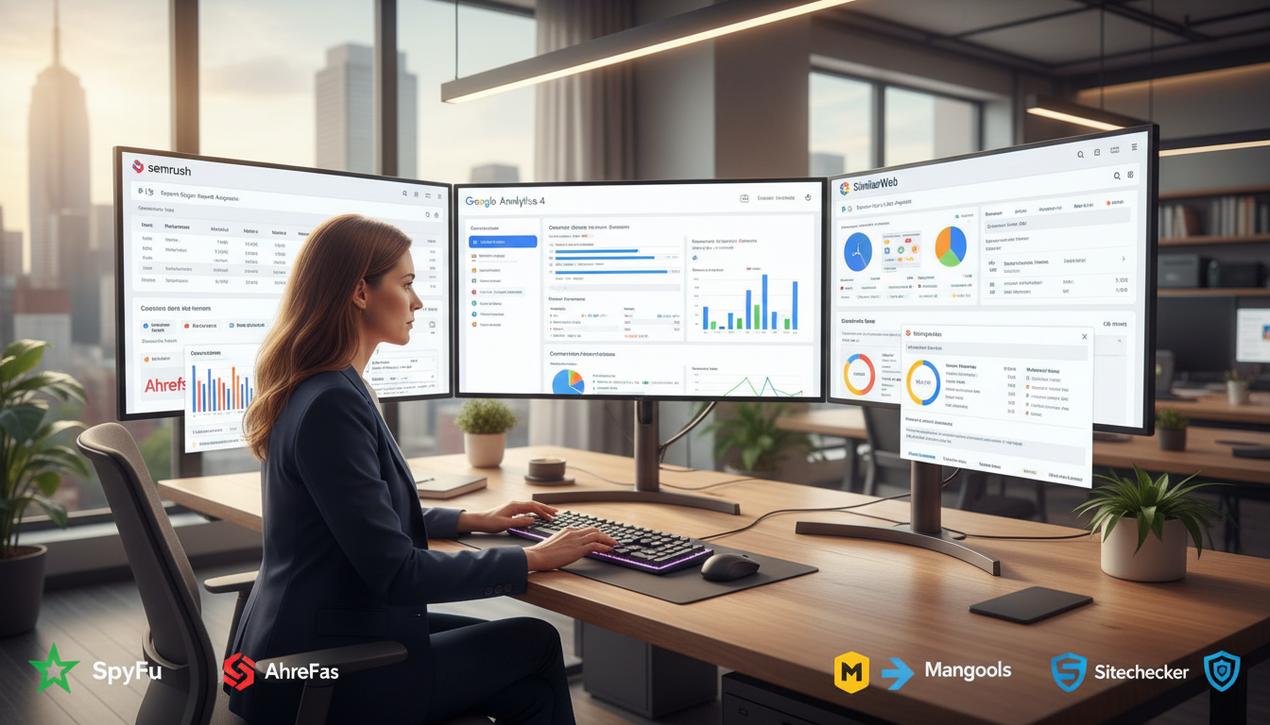Top 12 Free Code Editors for Developers in 2025


For any developer, from a beginner to a seasoned expert, a code editor is far more than a simple text-entry tool. It is the command center for software creation—an environment where productivity, clarity, and efficiency are paramount. In 2025, the market for code editors is more dynamic than ever, with fierce competition to deliver cutting-edge features like intelligent auto-completion, integrated debugging, multi-language support, and seamless version control integration. The statistics confirm a clear trend: developers are consolidating their choices. According to the latest Stack Overflow Developer Survey, over 74% of professional developers now use a single tool, signaling a mature market dominated by a few key players. Simultaneously, powerful new trends are emerging, particularly the massive integration of artificial intelligence for code generation and the rise of fully cloud-based development environments. Navigating this vast landscape of options to find the perfect free code editor can be a challenge. This comprehensive guide breaks down the 12 best free code editors to know to optimize your workflow in 2025.
The Industry Giants: Versatile & Popular Editors
This category includes the editors that have won over millions of developers worldwide thanks to their flexibility, vast extension ecosystems, and their ability to adapt to nearly any programming language or project type.
1. Visual Studio Code: The Undisputed Champion
Developed by Microsoft, Visual Studio Code (VS Code) is not just a code editor; it’s a full-fledged development platform. Its overwhelming popularity is due to a perfect blend of performance, a lightweight core, and unparalleled extensibility. It offers an exceptional out-of-the-box experience with an integrated debugger, intuitive Git management, and a built-in terminal. Its greatest strength lies in its Marketplace, a massive repository of extensions that allows you to customize it for any language—Python, JavaScript, Go, Rust, and more—and any specific need. The native integration of AI assistants like GitHub Copilot has solidified its position as an indispensable tool, capable of suggesting entire lines or blocks of code and dramatically accelerating the development process.
2. Sublime Text: The Performance and Speed Veteran
Before the rise of VS Code, Sublime Text was the go-to editor for countless developers. Today, it remains a top choice for those who prioritize raw speed and fluidity. It is extremely lightweight, launches almost instantly, and handles massive files without any noticeable lag. Its signature features, such as multiple cursors, the powerful “Go To Anything” command palette, and hyper-efficient keyboard shortcuts, make it a formidable productivity tool. While it is free to use, a pop-up occasionally encourages the purchase of a license to support its continued development.
3. Pulsar Edit: The Community-Led Successor to Atom
Atom, the once-popular “hackable” editor created by GitHub, was officially sunsetted in 2022. However, its open-source spirit lives on through Pulsar Edit, a community-driven project that has picked up the torch. Pulsar retains everything that made Atom great: a modern user interface, deep customization capabilities, and access to a vast library of packages. The team behind Pulsar is focused on modernizing the codebase and improving performance to make it a viable and sustainable alternative for fans of the original Atom ecosystem.
4. VSCodium: The Open-Source VS Code Alternative
For open-source purists, VSCodium is the perfect solution. It is a community-driven, freely-licensed binary distribution of VS Code. Essentially, the project compiles the VS Code source code without Microsoft’s proprietary telemetry and tracking. This means you get the full power of the VS Code editor, its features, and access to its extension marketplace, but in a package that is 100% free and open-source software (FOSS) and respects your privacy. It’s the ideal choice for developers who love VS Code but prefer not to use products with closed-source elements.
Specialized IDEs for Targeted Productivity
Some projects demand more specialized tools. These Integrated Development Environments (IDEs) are tailored for a specific language or ecosystem, offering advanced features that general-purpose editors often lack.
5. PyCharm Community Edition: The Python Powerhouse
Developed by JetBrains, PyCharm is widely regarded as the best IDE for Python development. Its Community Edition is completely free and incredibly powerful. It provides highly intelligent, context-aware code completion, real-time code inspection to catch errors as you type, a powerful graphical debugger, and seamless integration with Python frameworks like Django and Flask. For data science, it also integrates smoothly with libraries such as NumPy and Matplotlib, making it the top choice for anyone working within the Python ecosystem.
6. Apache NetBeans: The Robust Java & Multi-Language IDE
Long a staple in the Java world, Apache NetBeans is a comprehensive open-source IDE that has successfully evolved. It offers outstanding support for Java development but is also highly capable with languages like PHP, C++, and JavaScript. Its strengths lie in its excellent project management tools, powerful code refactoring capabilities, and visual GUI builders. NetBeans is a robust, reliable, and feature-complete tool ideal for large-scale enterprise applications and academic projects.
7. Notepad++: The Lightweight Windows Essential
For many developers on Windows, Notepad++ is their first real code editor. It is a supercharged version of the basic Windows Notepad, designed to be both extremely lightweight and highly functional. Written in C++, it guarantees maximum execution speed and a minimal memory footprint. It supports dozens of languages with clear syntax highlighting, offers advanced search-and-replace features, a tabbed interface, and a robust plugin system. While it can’t compete with full-featured IDEs, it remains the perfect tool for quick edits, log file analysis, or for beginners looking to learn to code in 2025.
The Next Generation: Innovative & Collaborative Editors
A new wave of code editors is emerging, focusing on raw performance, real-time collaboration, and innovative approaches to the development workflow.
8. Zed: The Blazing-Fast, Collaborative Challenger
Developed by the creators of Atom, Zed is a code editor built from the ground up for performance and multiplayer collaboration. Written in Rust, it leverages every core of your CPU to deliver instantaneous feedback and handle enormous projects with ease. Its flagship feature is the ability to code with a team in real-time within a shared workspace, as seamlessly as using Google Docs. With an integrated terminal and built-in AI features, Zed is positioning itself as a serious, high-performance competitor to VS Code.
9. Fleet: The Modern, Polyglot IDE by JetBrains
Fleet is JetBrains’ answer to the lightweight editor trend dominated by VS Code. It is a next-generation, polyglot IDE designed for flexibility. It can start as a simple, fast editor for quick changes, but with a single click, it can enable a smart, full-featured IDE engine with the advanced code intelligence, refactoring, and navigation that JetBrains tools are known for. Fleet is also architected for remote development and collaboration, making it a forward-looking choice. A free plan is available for individual use.
10. GitHub Codespaces: Your Dev Environment in the Cloud
GitHub Codespaces is not a traditional code editor but a complete, cloud-based development environment that runs in a container. It allows you to launch a fully-configured and ready-to-code development environment for any GitHub repository in seconds, directly from your browser. The interface is the familiar VS Code UI, making the transition seamless. It’s the perfect solution for standardizing environments across a team, contributing to open-source projects without local setup, or working from any machine with an internet connection. GitHub offers a generous free monthly usage quota, which is more than enough for many personal projects.
Essential Tools for Web Development
For front-end development and prototyping, specialized tools can often provide a more focused and efficient workflow.
11. Brackets: The Focused Front-End Editor
Originally created by Adobe, Brackets is an open-source code editor with a strong focus on web design and front-end development. Its standout feature is Live Preview, which opens a real-time connection to your browser—any changes you make to your HTML and CSS are instantly reflected on screen without a page refresh. It also includes helpful visual tools like inline editors for CSS, making it easy to see and edit relevant styles without switching files. While its development has slowed, it remains a solid choice for web-focused projects.
12. CodePen: The Front-End Playground
CodePen is an online social development environment for front-end designers and developers. It allows you to write and test HTML, CSS, and JavaScript directly in your browser and see the results instantly. It is an indispensable tool for quickly prototyping UI components, sharing code snippets, and learning from the work of a vibrant community. Its live view, built-in console, and support for popular preprocessors make it the perfect environment for experimentation and showcasing your skills.
Ultimately, choosing the perfect code editor is a key step in the overall process of creating software, a personal choice that depends on your preferred languages, project types, and desired workflow. In 2025, while VS Code continues its market dominance, innovative challengers like Zed and Fleet are pushing the boundaries of performance and collaboration. Specialized IDEs like PyCharm remain essential for their deep, language-specific features, while cloud-based solutions like GitHub Codespaces are redefining the very concept of a development environment. The best approach is to experiment with a few of these top-tier options to find the one that will transform your coding sessions into a truly productive and enjoyable experience.




